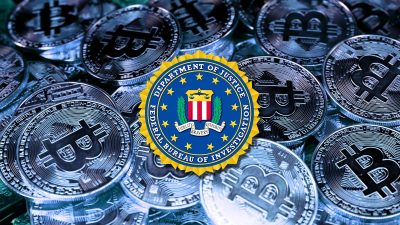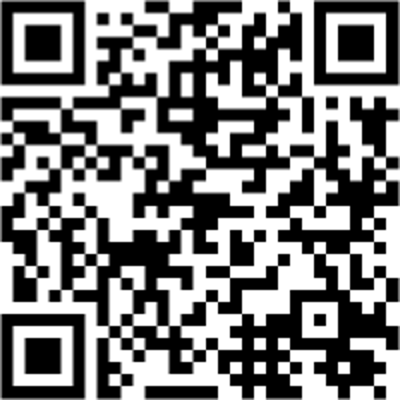
QR codes have become increasingly popular in recent years. Organizations uses it as a tool to enforce parking fees, promote loyalty programs and for advertising during events like Super Bowl. However, as with all popular technology, scammers have found a way to abuse QR codes for their own nefarious purposes. In this article, we explore all about QR code scam. How scammers are using QR codes to steal thousands from unsuspecting victims.
Singapore’s Bubble Tea QR code Scam
A 60-year-old woman from Singapore became QR code scam victim by a bubble tea shop, losing $20,000 in the process. The identity of woman is not known. She was promised a free cup of milk tea in exchange for filling out a survey. Believing she was getting a good deal, the woman downloaded a third-party app onto her Android phone and completed the survey. However, the app was actually a form of malware that granted the scammer access to her phone’s microphone, camera, and Android Accessibility Service, as well as to her mobile banking app. While the woman was asleep, the scammer was able to siphon off $20,000 from her bank account without being noticed.
Fake Parking Tickets and QR Codes in the U.S. and U.K.
Scammers in the U.S. and U.K. have also been using QR codes to trick victims into paying them money. In San Francisco, fake parking tickets with QR codes that link to fraudulent web pages have been found on drivers’ windshields. The scammers used a URL shortener link that was disabled following reports of the scam. Another scam was observed in Texas, where QR codes on parking meters took people to a fake website to pay fines. In the U.K., local governments have warned residents to beware of QR codes disguised as “quick pay” parking meter options that direct them to fake websites and capture their payment details. A motorist recently had money taken from their bank account after trying to pay for parking in Sandown using a false QR code stuck to the machine.
How Scammers Steal From Victims
Scammers are becoming increasingly innovative in their use of QR codes. They are pasting bogus QR codes outside F&B establishments. They are also using pop-up banners on websites, and even attaching them to car windshields to lure victims in. Once a person scans the QR code, a malicious app is downloaded onto their phone, giving scammers access to the phone and mobile banking app. The app asks for various permissions such as access to the phone’s microphone and camera. This also includes permission for Android Accessibility Service, and login credentials. Scammers can then monitor the victim’s mobile banking app usage. And steal their savings when they are asleep or not paying attention.
How to Avoid Falling Victim to QR Code Scams
It’s essential to be vigilant and double-check QR codes before scanning them. People should only scan codes from trusted sources and not blindly follow links to unfamiliar websites. If a QR code appears to be suspicious, it’s crucial to do some research before taking any action. Customers should also verify parking citations or legal correspondence on the official government websites. For example, the San Francisco Municipal Transportation Agency has a webpage on its city website for fines. However, even the official website can lead to a third-party domain. It can be indistinguishable from a fraudulent website set up by a scammer.
Recap – QR code scam
QR codes are a convenient and popular tool used by many organizations, but they can also be used for malicious purposes. Scammers are becoming increasingly cunning in their use of fake QR codes to deceive unsuspecting victims into giving them access to their phones and finances. People should remain cautious when presented with a QR code and take the necessary precautions to ensure their safety online. By being vigilant and double-checking before taking any action, people can avoid falling victim to these types of scams.


